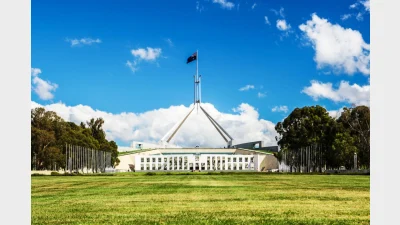Two-thirds of industry funds not viable



Two-thirds of industry superannuation funds are not viable if $2 billion in funds is regarded as a minimum size, according to Rice Warner.
In response to the Productivity Commission’s (PC’s) draft report on alternative default models and the recommendations on merging inefficient funds, Rice Warner said of the 139 not-for-profit funds, 71 had less than $1 billion and another 21 had less than $2 billion.
“Our Superannuation Fees Analysis report suggests that funds above $2 billion have overall fees of at least 10 basis points below smaller funds – and the differential grows with size. Yet, larger funds also will often provide more services, which only serves to exacerbate the relative inefficiency of some small funds,” Rice Warner said.
“Some commentators argue a threshold of $2 billion is too low. However, many funds above this level (and possibly a few below) have a niche position in the market. The funds may well provide a specialist service or satisfy a particular need to members.”
The research house said some funds would argue that this was a sound strategy provided the members knew they were paying a premium and that the challenge for funds was to maintain this in an increasingly competitive marketplace.
“We note that the greatest rate of reduction in operating and investment expenses occurs for the first 100,000 members and the first $2 billion of assets,” Rice Warner said.
“While there are continued scale benefits that are achieved for memberships and asset bases above these levels, the law of diminishing returns applies and the scale benefit, while still significant for larger funds, will reduce accordingly.”
Rice Warner noted that retail funds would not merge with competitors but that owners would sell them off if they remained unsuccessful or were unprofitable.
Rice Warner said the PC should consider:
- Clear guidelines for funds on how to approach another fund with a merger proposal;
- An obligation for trustees to give genuine consideration to merger proposals in the context of member interests; and
- Disclosure by trustees to their members and APRA of all (sensible) merger approaches and the reasons for any decision (accept or reject).
Recommended for you
ASFA has launched a central online hub to help super funds, employers and service providers prepare for Payday Super reforms.
The Super Members Council is calling on the government and regulators to impose additional safeguards to prevent superannuation switching harm and has put forward multiple suggestions for improvements.
The Assistant Treasurer has reaffirmed the government’s commitment to strengthening retirement outcomes, consumer protections and cyber resilience in superannuation.
The industry super fund has advanced reconciliation efforts with a new initiative focused on improving outcomes for First Nations members.









